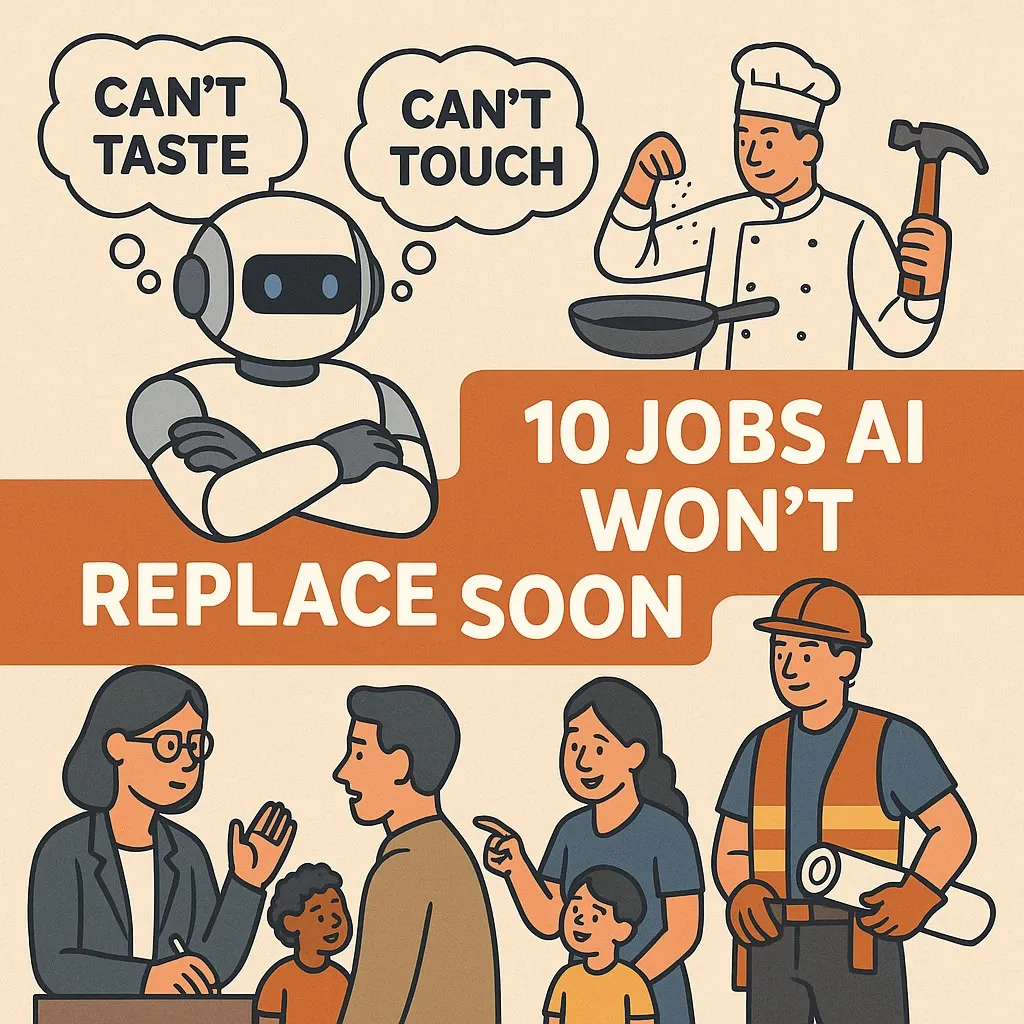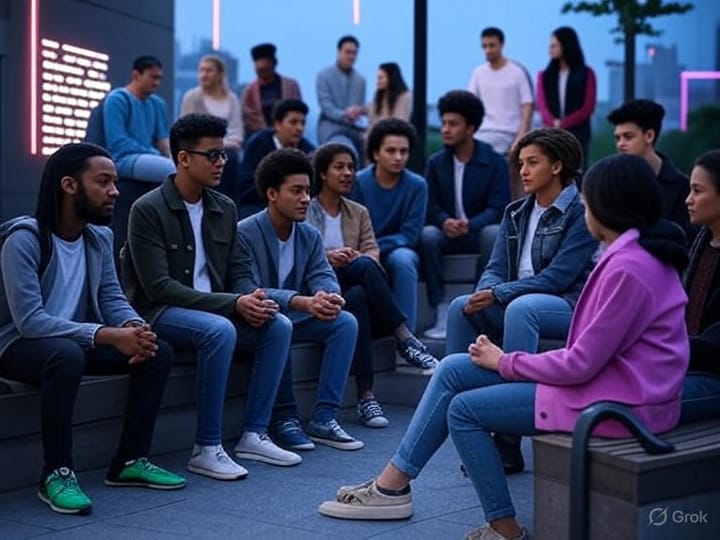Will AI Really Replace Your Job? A Concerned Look at the Future
AI is advancing fast, but many jobs still need the irreplaceable touch of humans. Explore which careers are safe and why.

The Reality of AI Replacing Jobs 🤖
You've probably heard the alarming news that AI is going to replace your job. It's a valid concern — with artificial intelligence making strides in language translation, data analysis, and even some creative fields, certain roles are undeniably at risk. Remember when translators were essential to break down language barriers? Now, AI apps on your phone can translate instantly, making traditional translator jobs much rarer.
But does this mean all jobs are on the chopping block? Absolutely not.
Jobs AI Can't Replace (At Least Not Yet) 🛠️
Some professions require something beyond sheer intelligence — they need the human touch, physical presence, or nuanced judgment that AI just can't mimic. For example, farming, electrical work, repairs, or construction involve hands-on tasks and real-world problem solving. Yet, with the appearance of affordable construction robots from places like China costing around $90,000, even manual labor fields face challenges.
However, these machines aren't flawless. They can't adapt on the fly like humans when unexpected scenarios arise. Plus, many tasks remain too complex for a robot’s programming.
Human Skills AI Still Can't Mimic 🤷♂️
- Taste Testing: AI can't taste food or differentiate sugar from salt — human senses are irreplaceable.
- Authenticity Checks: While AI can analyze images, it struggles to decide what’s genuinely fake or real without human context.
- Emotional Intelligence: AI lacks empathy, a core component in healthcare, counseling, and education.
- Creative Intuition: Innovation often requires unpredictability and intuition, which AI can't truly replicate.
- Complex Manual Dexterity: Many repair and artisan roles require delicate, adaptive hands-on skills.
10 Jobs AI Won't Replace Anytime Soon 🚫
- Electricians and plumbers — complex physical work in unpredictable environments.
- Healthcare professionals — doctors, nurses, caregivers.
- Creative artists — writers, painters, musicians.
- Skilled trades — carpenters, mechanics, machinists.
- Social workers and psychologists — emotional support roles.
- Farmers and agricultural specialists.
- Chefs and food tasters.
- Teachers and trainers — especially for young children.
- Law enforcement and emergency responders.
- Research scientists — requiring hypothesis and creative problem solving.
Conclusion: The Human Factor is Still Essential 🌍
Yes, AI is transforming our workforce, but it's not the apocalypse for jobs many fear. Instead, it’s an opportunity to rethink, reskill, and embrace uniquely human skills that machines can’t replicate. The future belongs to those who understand how to work alongside AI, not compete against it. So, stay curious, keep learning, and remember that many human jobs are still very much safe.
